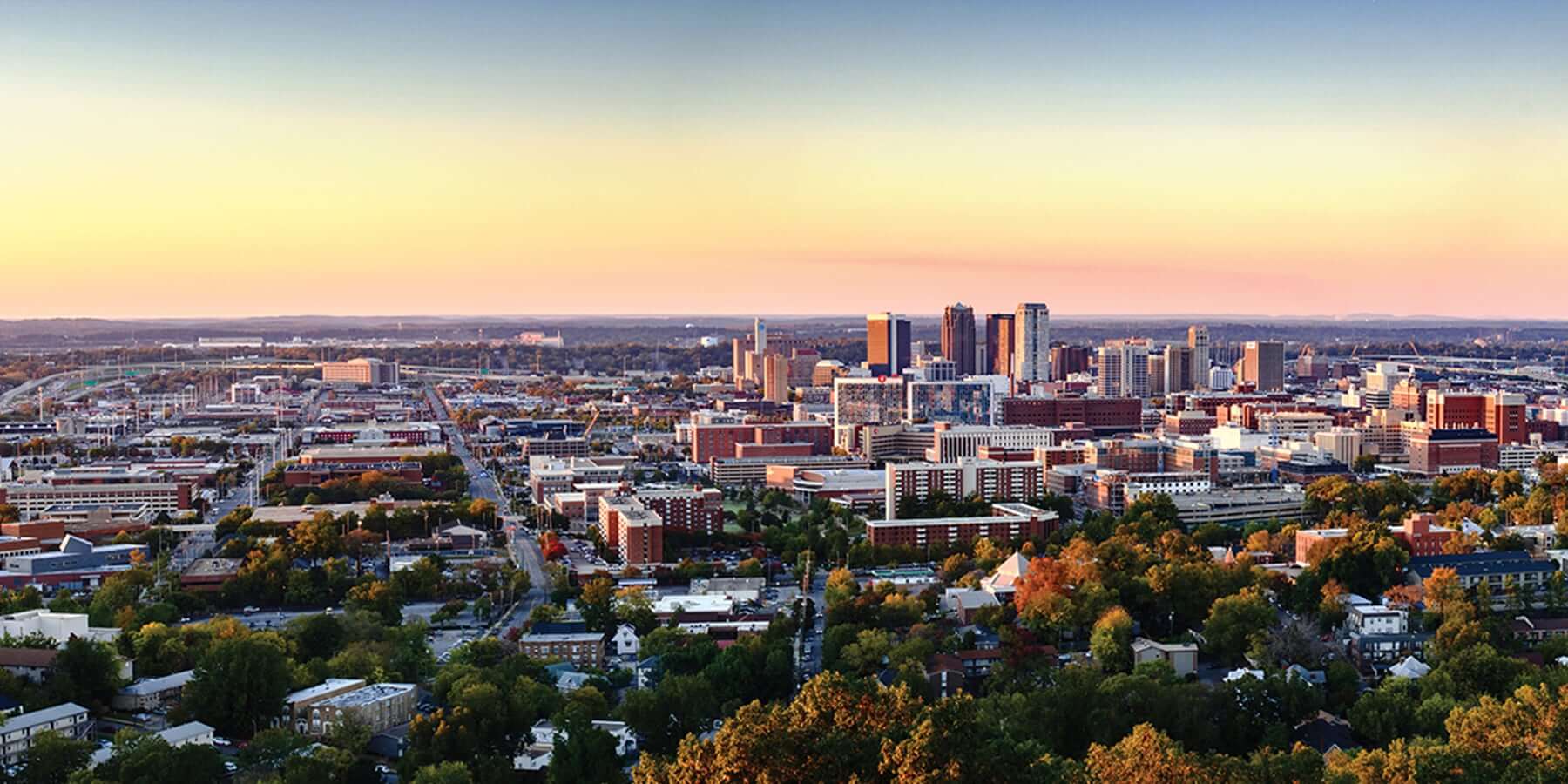
Public history refers to the ways that the general public experiences history outside the walls of the classroom. For a long time, academic historians focused on having conversations with students and other faculty. Public historians focus more on engaging with local residents, community members, and ordinary people who have a deep stake and interest in the past.
Public historians may research, write, and publish in academic settings, but their work largely consists of:
- restoring, preserving, and exhibiting historical artifacts;
- collecting, cataloguing, and archiving historical documents;
- displaying the works of other historians to a larger audience; and
- educating the general public about the past
While public historians can be found on college campuses (including at UAB!), they also work in museums, libraries, archives, national parks, non-profit organizations, think tanks, private businesses, corporations, government agencies, and in the digital sphere.
Public historians employ a variety of methods to engage communities — including public exhibitions, walking tours, virtual media, art performances, film, and many other creative means — to deliver information about the past, inspire debate about its meaning, and foster dialogue between professional historians and their audience.
What does UAB Offer?
History students at UAB will find all the resources they need for careers in public history.
- First, public historians require basic training in historical methods — the nuts and bolts of historical research and writing as well as the philosophical foundation of how historians think, approach problems, craft narratives, develop arguments, and persuade audiences.
- Second, public historians need a baseline of knowledge to make them literate in the basic vocabulary of historical information. In other words, they must have a strong understanding of both the abstract approaches to historical inquiry and a concrete grasp of historical content. Our students develop both at the same time — a broad grasp of historical content and a deep understanding of how historians work and why their work matters.
- Third, public historians need training in public history methods.
Here at UAB our students have access to qualified experts with years of experience in presenting history to general audiences. Almost all of our faculty have some degree of experience working on public projects. They have worked in the field as archivists, historic preservationists, documentary filmmakers, museum curators, and tour guides. The Department of History offers several courses on public history methods and projects. We also help connect students to internship and job opportunities with local institutions.
What does Birmingham Offer?
The city of Birmingham is a great place to launch a career in public history. First, Birmingham has a rich, tragic, and inspiring history. While people all over the world identify Birmingham with the civil rights movement of the 1950s and 1960s, the city’s past is also embedded in other important histories, including:
- The Industrial Revolution
- The New South
- Organized Labor
- Immigration
- Religion
- Women’s Rights
- LGBTQ History
- Political Conservatism
- Black Power
- Deindustrialization
- Urban Planning
- Sports
- Education
- Science
- Technology
- Medicine
- and much more!
UAB students enjoy easy access to local archives, collections, libraries, and museums that students in other locations may struggle to find. These institutions provide research materials and internship opportunities. Indeed, hands-on experience is a vital component of education in public history. The Department of History has fostered relationships with the following institutions:
- Vulcan Park & Heritage Trail
- Sloss Furnaces
- Birmingham Public Library Archives
- Alabama Department of Archives and History
- Birmingham Civil Rights Institute
- Red Mountain Park and Museum
- Lyric Theatre
- Jefferson County Historical Commission
- Alabama Federation of Women’s Clubs Archives
- Rickwood Field
- Oak Hill Cemetery Archives
- Palmerdale Neighborhood CDC (New Deal Farm Security Administration settlement)
- Operation New Birmingham (preservation)
- City of Fairfield (U.S. Steel company town)
- Walker Area Community Foundation (Walker County non-profit organization that is renovating the Bankhead house and many other things)
- Birmingham History Center
- Japan American Society of Alabama (JASA)
- Ballard House (African American house where pre-Civil Rights era parties, weddings, and sorority/fraternity events occurred regularly)
- Birmingham Jewish Federation
- Brookside History Museum (mining and immigrant history)
- Southern Museum of Flight
- Blount County Heritage Museum/Blount County Historical Society (Oneonta)
- Norwood Neighborhood Association (African American)
- Fountain Heights Neighborhood Association (African American)
- Birmingham Holocaust Education Foundation
- Maxwell Military base in Montgomery
- Black Radio Museum & Archives
- Alabama Coalition for the Change of the Constitution
- Barber Vintage Motorsports Museum
- Jefferson County Emergency Management Agency
- Jefferson County Memorial Project
What have UAB History Students Done in the Field?
Students who graduated with bachelor’s and master’s degrees from the UAB Department of History have enjoyed many interesting experiences and careers in public history. Our alumni currently work across Alabama, the United States, and the world, preserving historical artifacts and delivering historical knowledge to public audiences far and wide.
Former students have many positive things to say about how their experience at UAB prepared them for jobs in public history. One alumnus writes, “A history degree offers more opportunities than many students know about, and educating interested students about [public history] would enhance their undergraduate experience and marketability after college.” Another UAB graduate who works in historic preservation adds, “Without [my history classes at UAB], I would not have discovered the field that has become my profession.”
UAB history graduates have worked as archivists, historical preservationists, librarians, historians, and education coordinators at Sloss Furnaces National Historic Landmark, the Reynolds-Finley Historical Library, the National World War II Museum, the U.S. Army, historic downtown theaters, art museums, historic commentaries, and numerous other sites.